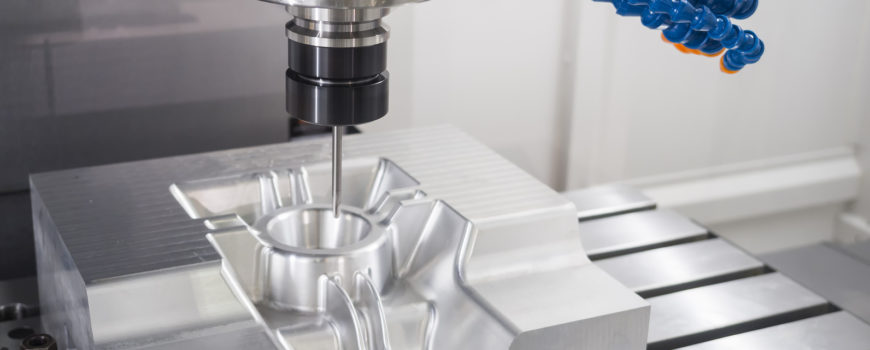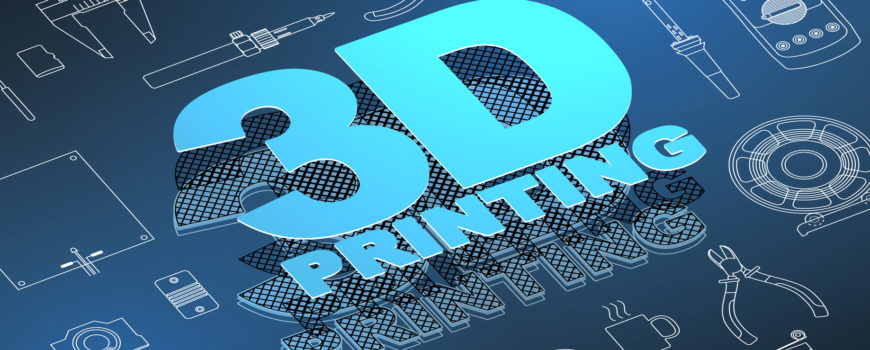Computer Numerical Control (CNC) is the automation of machinery such as CNC lathes, screws and drills, which are commonly used in the machining. The above tools are used to cut metallic components to the desired dimension. CNC Mill machinery popularly referred to as machining center has been in existence since the early 1970`s and is currently used in the production of widgets and other tools. Most of the people in the manufacturing domain will have come across these tools since they are widely used in the sector, from small scale ventures to large scale premises. Since the inception of the milling program, there has been a considerable improvement and development on the overall structure and operation of the program.
Below we look at some of the notable changes that manufacturers of CNC mills and lathes made in the last five years.
CNC Turning
Turning is a manufacturing process in which bars of materials (metal, wood, plastic, or stone) are held in a chuck, then rotated, and the cutting screw traverses across two axes of motion to generate precise dimension. Turning can either be done on the interior or exterior side of the material, through a method known as boring. The process can also be used in the production of tubular components to various depths and diameters. Although turning used to be done manually, it`s now more common to see CNC machine shops using automated lathe which is superior to the manual process since it doesn`t need human intervention.
CNC Milling
This new development involves using of commands or G-codes. The alphanumeric codes are then automated into the milling machine with every code carrying a specific role to be executed by the machine. The machine then drills and turn along the axes to model the material depending on the specifics automated on it.
A CNC mill can either be controlled using computerized programs or physical overrides positioned on the face of the mill. Even though the computerized program control is the ideal method of the mill control, using the manual override allows the mill operator to speed up or slow down the milling process when necessary.
CNC Machining
In comparison to the manual machining, CNC Machining has allowed manufacturers to have improved productivity, accuracy, efficiency, and reduced the number of accidents, thanks to the limited/reduced interactions of humans with the machinery. Additionally, the technological advancement has now made it possible for the CNC mill to run unmanned for extended periods. But what is probably exciting about the CNC Machining is that in case the machine develops a problem, the CNC software robotically halts its operations and calls an off-site officer.
With the world consuming millions of products, which are in turn manufactured using billions of components, it`s imperative for the manufacturers to utilize CNC automation. The CNC mills have taken over where human beings could not match the accuracy, and speed of the automation process. Keep in mind that the process of evolution of the CNC mills is still on as each manufacturer tries to outdo the other.




